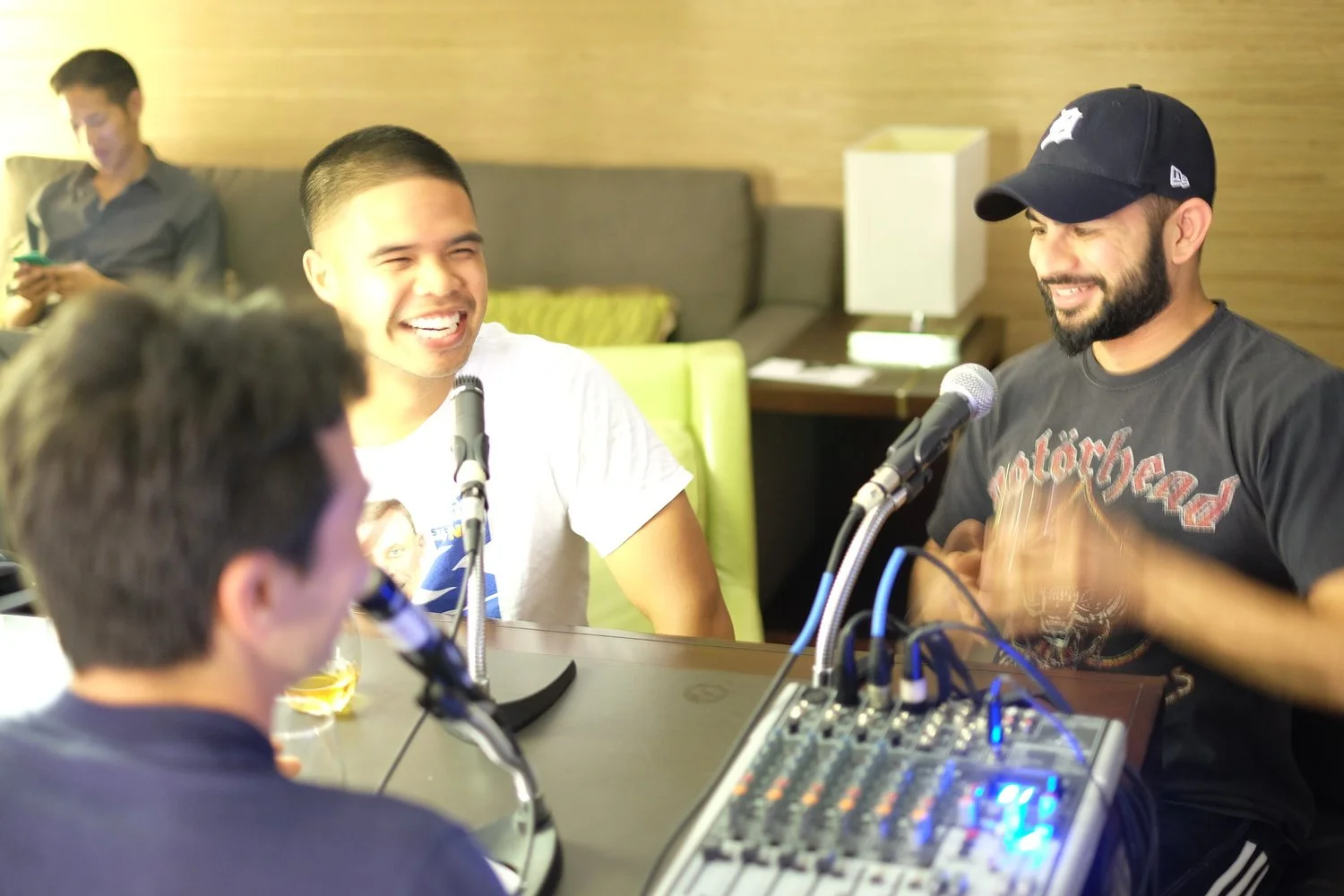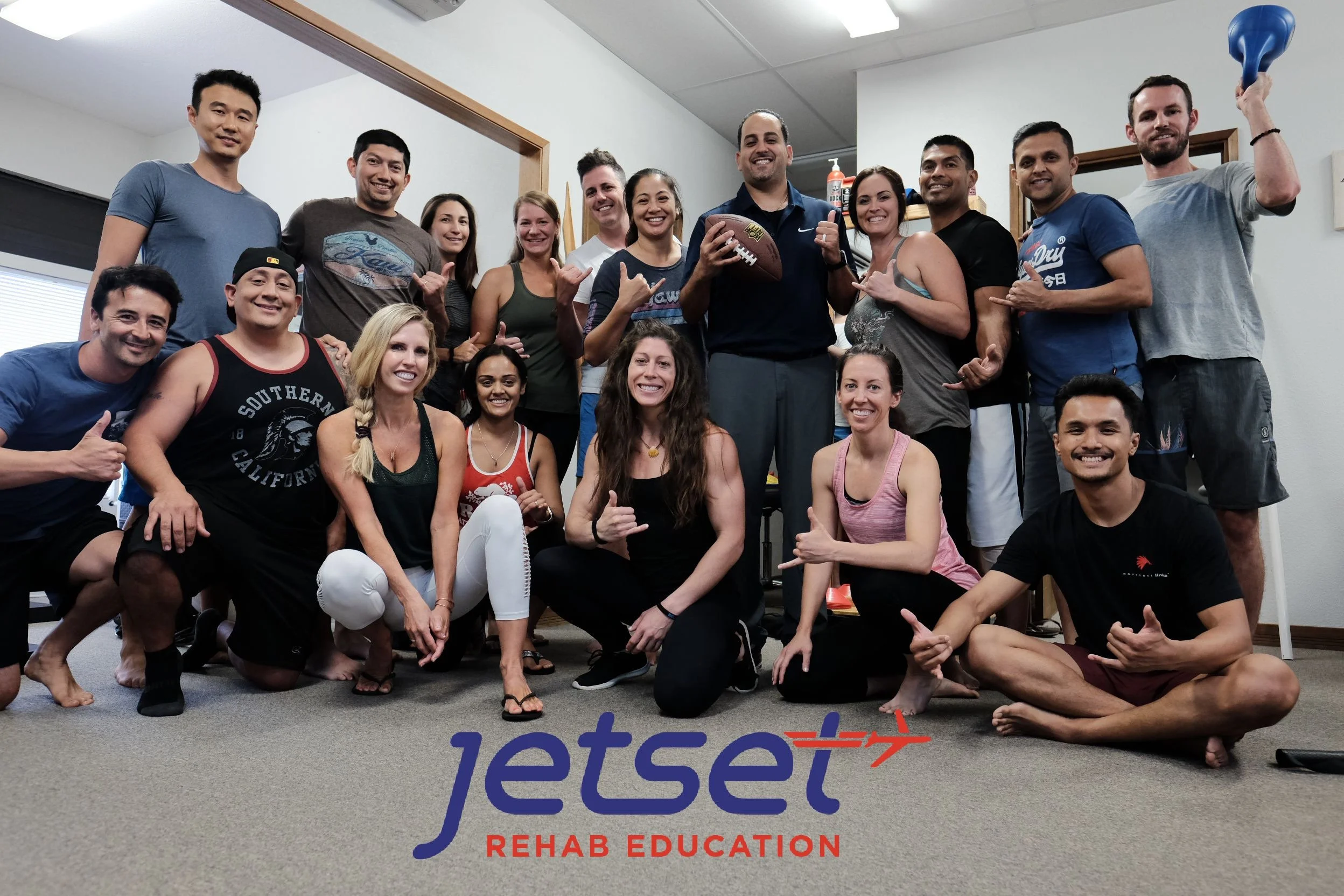How should Physical Therapists learn? It may not be a classroom setting.
I am a Physical Therapist in a primary care setting. I work next to and co-treat patients with Doctors throughout the day. Because of
this, I am able to see a lot of the differences in how we have been educated, how we think, and how we clinically reason. This difference has
extended to how continuing classes have been designed.
As I was talking with one of my Dr. colleagues he mentioned that he was going on a cruise to the Bahamas with his family. He was
taking a continuing education course and was planning on getting out of class early to enjoy the sun, family time and simply not being
in his office. “I bet there won’t be a lot of learning over there, right?” I quipped. “Actually, I went last year and I learned a lot!” “I still
remember a lot from those classes, something about short classes and having more time to discuss with my classmates afterwards just
helped it stick.” He explained.
This I found, is not only a common theme in Doctor classes but across our lives as well. If I think back to lessons I learned both in rehab and
out of it, I can point to many instances where the “a-ha” moment was achieved outside of the classroom. This is backed by other
reports as well. In a Rasmussen poll 81% of respondents reported learning more outside of the classroom than in the classroom.
According to Paul Hudson, writer for Elite Daily, the classroom/school setting is set up for short term goals: semesters, grades, report
cards. Life doesn’t always work this way. His article further explains that In real life networking and long-term goals are most often
what helps someone progress professionally.
There are countless examples of people who suffer great pains to learn Algebra in school only to thrive when asked to do the same
problem as it applies to their job. Examples include a chef who has to triple a recipe or a carpenter asked to calculate area, volume,
and circumference when building cabinets. As a Physical Therapist, my key moments came with mentorship in the clinic, not the
classroom. In addition, most PTs will tell you that they have learned far more after they graduated as a clinician, than from school.
I don’t want to conclude that the classroom is a bad way to learn, in fact, I do not see any other way to teach valuable information to a
large amount of people. What I do see however is that we have fallen into a rut as far as teaching in most continuing education
classes. My question: Is there a better way? Can we make information “stick” if we change the environment? Is the Doctor’s class in
the Bahama cruise onto something?
Many other professions have already started vacation / education classes. The reason for this seems to be more complex than improving attendance. There is
the additional benefits that come with travel. These lead to networking opportunities and participation in activities after the class. These
lead to professional connections, more access to instructors, and even friendships. Consider this quote from the U.S. Ambassador for
the Asia-Pacific Economic Cooperation on why he held his most notable meetings at a vacation spot in Hawaii, “When people are
relaxed, they think more clearly, and when they think more clearly, they’re more likely to come to conclusions that result in
agreements.”
I may be biased but I can’t think of a profession that could benefit more from this than Physical Therapists.
Randal Glaser PT, DPT, OCS is a Physical Therapist in California and is currently working on developing continuing education courses for
JetSetRehabEd.com.
Read More






